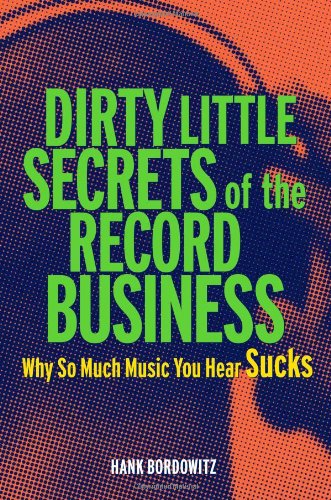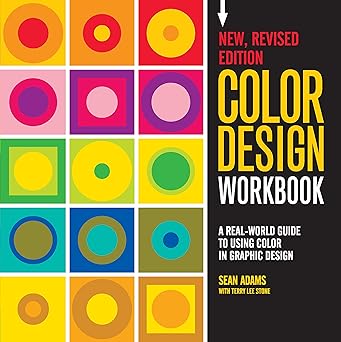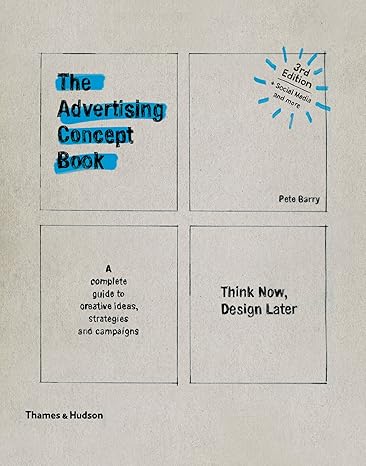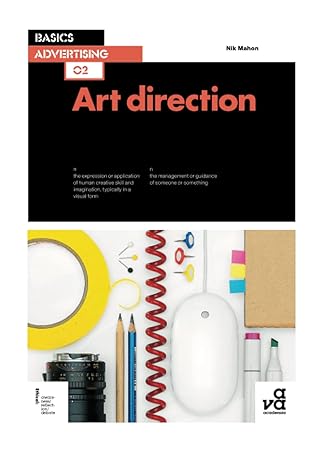دانلود کتاب Dirty Little Secrets of the Record Business: Why So Much Music You Hear Sucks - Original PDF
Author:
Hank Bordowitz
0 (0)
توضیحات کتاب :
For more than two generations the music industry behaved as if they had us all by the short and curly. They controlled the source, the prices and the demand. Then all hell broke loose - and they are still running. It had been always easier and more profitable to promote untalented signers or groups bootstrapped together with a lot of image and little else than having to deal with really talented artists. Real artists last long enough to start making demands and if they are not met they can always take their talent elsewhere. In contrast, untalented posers are a dime a dozen. And are all willing to waste their lives for fame, maybe some drugs and some short-lived adoration (p.237). Promoting far lesser talents was never a problem as the music industry has always been hand-in-hand with most radio producers. Payola-and-plugola scandals never seem to go out of fashion, from the 1960's in California to some years ago with SONY-BMG in New York. Ever wondered why most radio stations play the same drivel over and over and ignore both indie groups and older songs? And how exactly did you think "hits" are made? Not ..."listeners' requests" I hope! (p.105) It was like the Cola Company controlling both our taste-buds and our thirst center - and then going on selling watered-down soft drinks for the price of a four-course meal. So, the geniuses running the music industry kept picking stars-to-be from the lazy-yet-ambitious crowd and paid them close to nothing ("sure, you bring in millions son, but all that money goes to production and promotion expenses, see. I hardly break even myself"). When their shooting stardom faded, they simply discarded them and moved on to the next star-system victim. It was a well-oiled machine. It made billions - just not for the people we thought it did (p.259). Then, in the early-90's a group of inventive Germans came up with the mp3 sound-compression and the sky fell in. Even with the first slow internet connections, downloading a song of quality comparable to that of a CD took about 10minutes. Sure, it was not exactly kosher but what was worse: downloading a song you could hear on the radio for free or asking half a day's wages for a CD that was not only half empty but it also contained only a single good song - the rest was known as filler? NAPSTER, GROKSTER, KAZAA and then torrents - there was simply no closing the flood-gates once they had burst open. So what did the music industry do? First thing they came up with was the "let's make our customers pay for the same music again and again" policy. They lobbied for (and, being a wealthy industry, of course got) draconian "intellectual property rights" that make any form of sharing or reselling illegal. The long arm of RIAA in effect, is run just like a shakedown (p.277). Now, try to imagine Chrysler getting second-hand car sales to be illegal only to enhance its own sales - would that make any (legal or moral) sense? They also discovered TV talent Shows. Enter the clowns - and make them run faster. Talent shows not only equate "success" with slave-labor contracts but they also provide the music industry with numerous fresh pools of semi-trained singers. No more need for the Milli-Vanillis of the world to lip-sing. Their new boys and girls may still be ephemeral but they can more or less sing by themselves. But it's a battle already lost. When an industry makes more money from suing its former customers than from selling its product (that becomes more irrelevant every day), you just know they are way past the point of no return. Intrigued? Well, this book tells the whole story with far more details and far juicer tidbits. The writer is a music industry insider and has no qualms backing his claims with a lot of inside information. It is an easy read and it even has a chapter on Amazon. A MUST READ FOR ANY MUSIC BUYER! (and any PC Gamer I am afraid, as the Gaming industry is following in exactly the same footsteps)
سرچ در وردکت | سرچ در گودریدز | سرچ در اب بوکز | سرچ در آمازون | سرچ در گوگل بوک
979 بازدید 0 خرید










